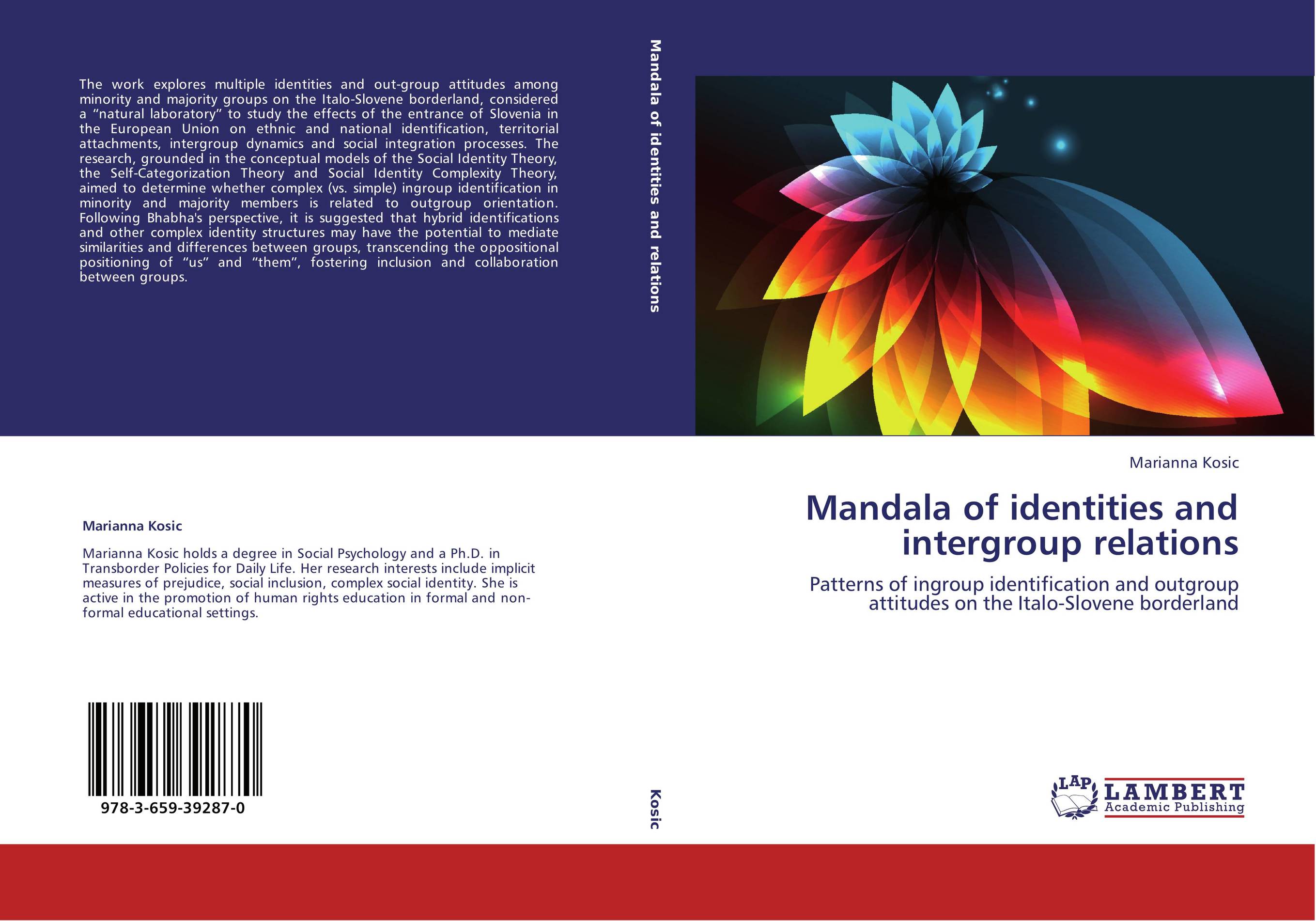| Поиск по каталогу |
|
(строгое соответствие)
|
- Профессиональная
- Научно-популярная
- Художественная
- Публицистика
- Детская
- Искусство
- Хобби, семья, дом
- Спорт
- Путеводители
- Блокноты, тетради, открытки
Mandala of identities and intergroup relations. Patterns of ingroup identification and outgroup attitudes on the Italo-Slovene borderland

В наличии
| Местонахождение: Алматы | Состояние экземпляра: новый |

Бумажная
версия
версия
Автор: Marianna Kosic
ISBN: 9783659392870
Год издания: 2013
Формат книги: 60×90/16 (145×215 мм)
Количество страниц: 312
Издательство: LAP LAMBERT Academic Publishing
Цена: 55391 тг
Положить в корзину
| Способы доставки в город Алматы * комплектация (срок до отгрузки) не более 2 рабочих дней |
| Самовывоз из города Алматы (пункты самовывоза партнёра CDEK) |
| Курьерская доставка CDEK из города Москва |
| Доставка Почтой России из города Москва |
Аннотация: The work explores multiple identities and out-group attitudes among minority and majority groups on the Italo-Slovene borderland, considered a “natural laboratory” to study the effects of the entrance of Slovenia in the European Union on ethnic and national identification, territorial attachments, intergroup dynamics and social integration processes. The research, grounded in the conceptual models of the Social Identity Theory, the Self-Categorization Theory and Social Identity Complexity Theory, aimed to determine whether complex (vs. simple) ingroup identification in minority and majority members is related to outgroup orientation. Following Bhabha's perspective, it is suggested that hybrid identifications and other complex identity structures may have the potential to mediate similarities and differences between groups, transcending the oppositional positioning of “us” and “them”, fostering inclusion and collaboration between groups.
Ключевые слова: Intergroup relations, Ingroup, Outgroup, complex social identity, Slovene minority



